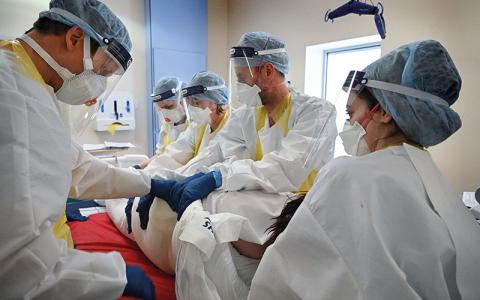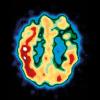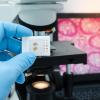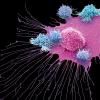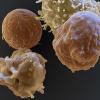October 2023
Transforming histopathology
Following a complete overhaul, one lab is on track to hit the 98% target for 10-day turnaround times by 2025. Quality, Training and Transformation Manager Paul Chenery talks through the ambitious journey.
Unparalleled depth of data
Professor of Respiratory Research Louise Wain discusses an ongoing research project into the medium- and long-term effects of COVID.


